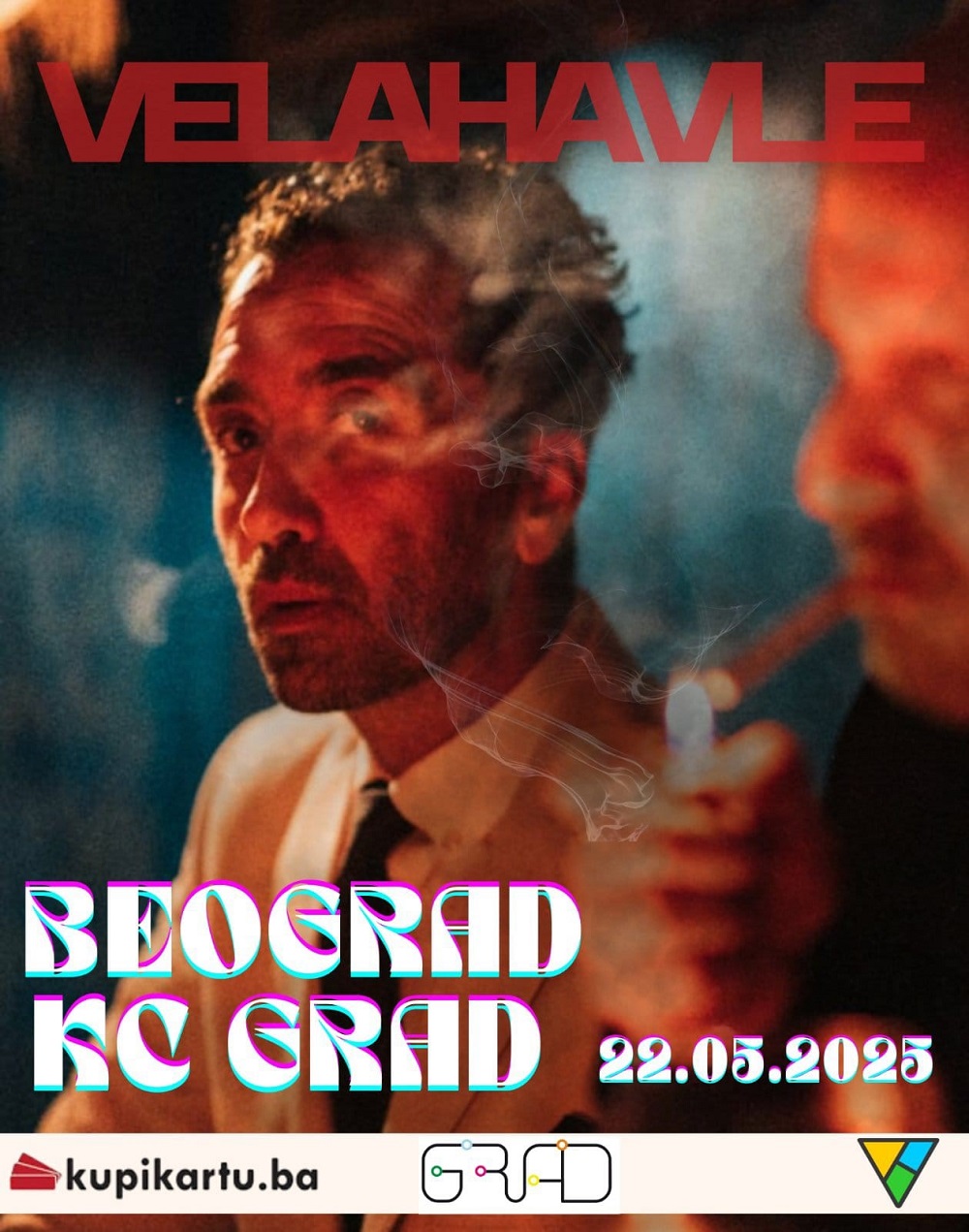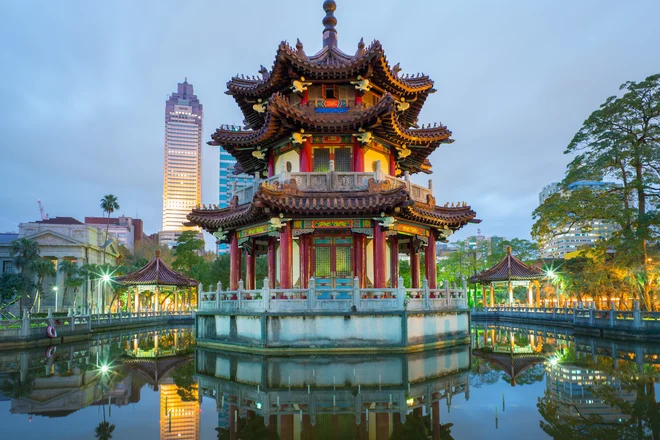« Did you hear Albania? What class do they have? », Foreign journalists amazed by « Zermi »

In the lobby of a hotel in Basel, Switzerland, journalists covering the European song festival « Eurovision Song Contest » hold queues to interview the singers who have managed to climb the big May 17 final stage.
To meet and interview Beatrice Gjergjin and Kole Laca, the duo of « Shkodra electronic », it must be long waited. The interest in them is great. Journalists from all over the world want to know everything about this year’s Albanian representatives, from the lyrics of the song, clothing, stage movements, ambitions, expectations.
The questions are endless and their fatigue is obvious, however they find time to give sincere and true answers to everyone interested, with a smile never escaped from the portrait.
The conception of “Shkodra Electronic”
Although both born in Shkodra and emigrated to Italy early, Beatrice and Kola were not known before, but were accidentally found on social media, while everyone had their own band. « We have been found online with Kola. We are the symbol of the time we live in, » Beatrice Gjergji tells DW. The desire to recreate a cover of the Shkodra song « Turtulleshe » made it before proposing to her Italian friends the song, searching on YouTube, where she found an earlier cover that Kola had sung with his band.
« It was a very beautiful cover and something completely new, unheard of and I liked it very much. I was excited. » Then the curiosity made him know more about Kola and heard his interviews, where he learned that he was from Shkodra, an immigrant of the 90s, and found many similarities to the history of her life. They then communicated on Facebook and after attending each other’s musical activity, they met and started talking about cooperation, while in 2019 they created « Shkodra Electronic ».
The culmination of their artistic collaboration is the song’s writing for the year-end festival of the Albanian Radio and Television, whose victory brought them to the giant Eurovision scene.
« Good people and people without a name, dance in the dance » – is one of the « boiling » verses.
« When I started writing the song, I thought about writing about good people, people who when they are nervous, do not react badly. I wrote about people with empathy, and I was lucky enough to know many of them, who have left a great deal to me and I have learned many of them, » Beatrice says.
« 90s immigrants »
Kole Laca was 20 when he decided to study in Italy. He had studied piano in Licé in Shkodra but had never felt free to make the music he wanted. « I finished my studies and closed it with music because we’re talking about a school in communism, where no one was free to do whatever she wanted, » Kola tells DW. But the system fell and Kola still did not find himself in Albania. Through a scholarship of the Jesuit school in Shkodra, he decided to study law in Padua, Italy in 1992, a branch which he later changed with political sciences, where he graduated.
But in a free and developed musical market like Italy, it returned to music but this time not the classic but underground music. « There I started from 0 also from music. I remember the first thing I did when I arrived in Padua was to buy a newspaper that was notified of the musical activities it would have in the coming months and I saw the ‘Aerosmith’ band coming. I went to see them psychologically and physically.
He does not stop talking about the difficulties of starting, as in 33 years of life in Italy, he says he has had enough time to forget everything.
Beatrice was only 6 years old when her family emigrated to Italy, after another emigration experience they had earlier to Germany. « Italy has not been easy, especially for my parents. But in their eyes I have never seen fear, but only dignity. Therefore, my life has been in color and has never been boring, » says Beatrice, who feels lucky to have intertwined two different worlds, Albanian and Italian in her life.
« Class musicians »
This is the sentence that a journalist says to his colleague adjacent, as « Shkodra Electronic » concludes the latest stage test before the grand final dated May 17th. Of the organizers, Albania has been selected to be the last song listed in the race, with number 26.
« It is the unusual solution we have left the penultimate San Marino, and the latest Albania. Because San Marino is fun, a rhythmic song where everyone jumps. But on the other hand we wanted to close with a choice that is really class and represents music. But it is fairer to close this festival with a classroom action, ”said a few hours before the final Christer Björkman, one of the longest -running Eurovision Song Contest producers.
Experts and lovers of this festival have repeatedly debated the importance given to the ranking of the songs on the final night, where many think that singers singing in the second part of the race have no higher chances of winning. However in recent years some of the winners have been listed at the end of the race, such as Italy with MANSESKI in 24th (2021) or Ukraine with Jamala in 21st place in 2016.





